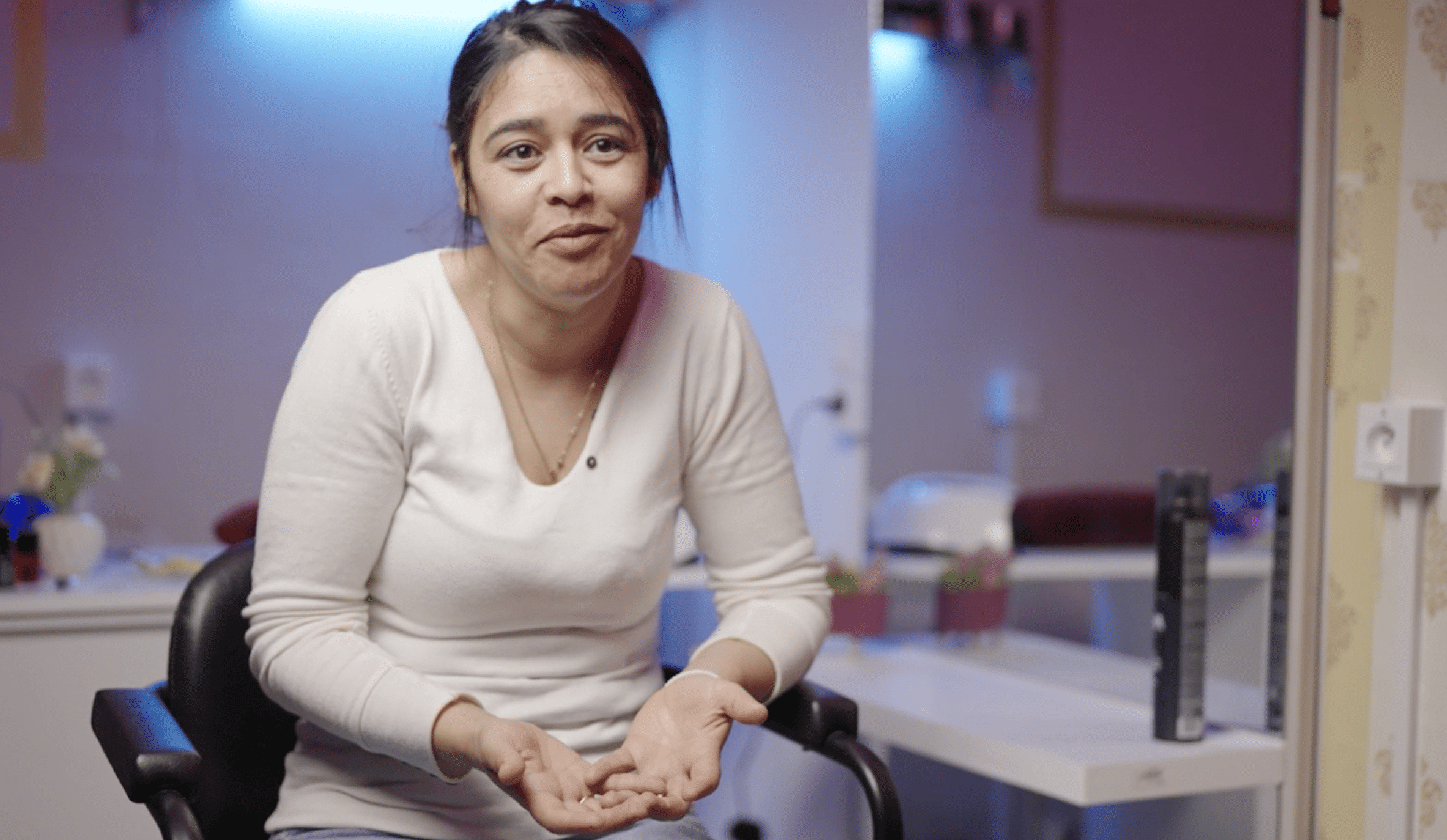
Meaningful societies
Nos Racines – Our Roots

Niklas Kabel Pedersen
Voluntās launches “Nos Racines – Our Roots”: Preventing violent extremism in Tunisia, with a special focus on youth and women.
Supporting the Tunisian population and its institutions in their fight against violent extremism and radicalisation in Tunisia.
In recent years, Tunisia has undergone profound political and social changes and currently faces a severe economic crisis The unemployment rate reached 18.4% in 2021, with 40% of under 25s and 24.8% of women out of work. There are growing disparities in living standards between regions and political participation has declined.
Within this context, radicalisation, and exposure to violent extremism –in part linked to the phenomenon of the return of jihadist fighters (foreign fighters) – is a major challenge in Tunisia, particularly among marginalized youth. This risk is aggravated by the lack of detection mechanisms throughout the country and the absence of continuous dialogue between young people and public authorities, particularly the security sector.
An integrated approach through actions at local, national, and institutional levels targeting a range of actors with complementary roles and responsibilities.
Based on best practices drawn from the final evaluation of the EU-funded IcSP actions carried out by Voluntas between February and June 2021, “Nos Racines” has been designed under a cascading grants funding format. This approach will be implemented through partners, ICCG and FACE Tunisia, with local non-state actors (civil society organisations) operating on different sub-themes. This will ensure the territorial anchorage of the implemented actions, while responding to different local needs in a mosaic approach, thus allowing for a better adaptability of the project toolbox, and a refinement of both territorial and beneficiary targeting.
Some key figures
- The project was launched on 8 March 2022 for an implementation period of 18 months.
- EU funding for a total amount of 3 million Euros.
The project is implemented by Voluntas as Lead Partner, and ICCG and FACE as co-partners. The project will also include partnerships with institutional and local actors
Project activities implemented with non-state actors and institutional partners in nine governorates across Tunisia.
Ifrikya Center for Common Ground (ICCG) will empower its local civil society partners to conduct a process of multi-stakeholder community dialogues, thus building trust between key stakeholders (youth, local authorities, security forces, etc.) targeted by the project. ICCG will also build women’s capacity and empowerment to identify and prevent early signs of vulnerability among young people, with the support and collaboration of local women’s organisations and institutions in the target localities (Mothers’ Brigade).
Foundation FACE Tunisia aims to have an impact within communities as part of a local approach, by strengthening the resilience of those most at risk from violent extremism, but also by playing a key role in preventing violence itself. The action will promote the social and professional (re)integration of young Tunisians in vulnerable situations, with a particular focus on women and youth ex detainees.
Voluntās, while leading the overall project, will implement capacity building sessions for 100 preachers and imams selected by the Ministry of Religious Affairs. The aim is to provide technical support in modern mediation and communication skills, in order to bring imams/preachers closer to their respective communities, especially youth. This will help limit the exposure of the most vulnerable populations to potentially extremist religious discourse.
Voluntas will also support the institutional and technical development of the National Commission for the Fight against Terrorism (CNLCT), in order to contribute to the strengthening of its capacity as a key actor of preventing violent extremism in Tunisia.
European Union Delegation in Tunisia
The 2011 Revolution marked a turning point in the EU-Tunisia partnership. Since then, the EU has been a key partner supporting Tunisia’s transition towards a modern democracy. Through all its instruments, the EU is supporting democratic and socioeconomic reforms, accompanying electoral processes, promoting human rights, strengthening civil society actors, enhancing economic and trade integration, and improving security. Since 2011, EU assistance to Tunisia has amounted to almost €3 billion with over €2 billion in grants and €1.1 billion in macro-financial assistance (concessional loans).
